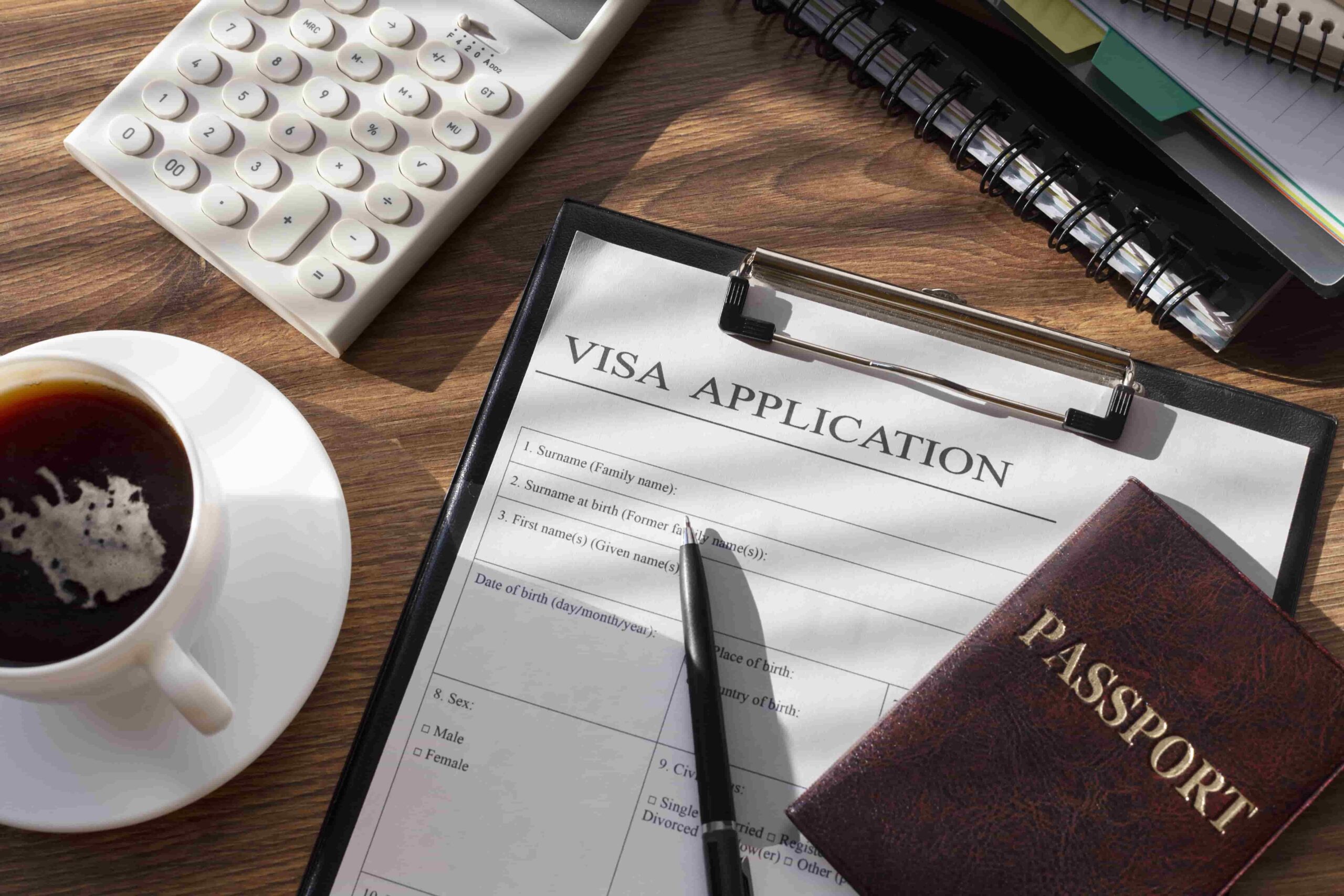You finally landed that freelance project abroad, rented your first Airbnb property, or signed a virtual assistant contract for an international client — and then comes the visa paperwork. Among the sea of documents and forms, one always stands out: the Income Tax Return, or ITR. Suddenly, the same paper you usually dread becomes a golden key for unlocking opportunities overseas.
But why do visa authorities care so much about it? And how does an income tax return in the Philippines help you, a freelancer, online seller, or digital entrepreneur, get your application approved without extra headaches? Let’s break it down.
What Is an Income Tax Return in the Philippines?
For independent workers and online business owners, an income tax return in the Philippines is more than just a legal form. It’s a record of your earnings, your deductions, and the taxes you paid. Whether your income comes from freelance projects, online stores, or Airbnb rentals, filing an ITR creates proof that your earnings are legitimate and that you are compliant with Philippine tax law.
Beyond legal obligations, the ITR serves as an official statement of your financial activity. For visa applications, this becomes critical because it gives authorities a clear and verifiable snapshot of your income.
Why ITR Is Required for Visa
Visa officers ask for ITRs for several practical reasons:
Financial proof
Visa officers want to make sure you can support yourself abroad. If your income is irregular — common among freelancers and Airbnb hosts — a properly filed ITR provides proof of earnings over time. For instance, Japanese visa guidelines list ITRs as key evidence of financial stability.
Verification of income legitimacy
Online sellers and remote workers often have multiple income streams. A complete ITR consolidates these sources and confirms that your income is legal and reported. Immigration authorities use this to assess your credibility.
Ties to your home country
An ITR shows you comply with Philippine tax obligations. Authorities interpret this as a sign that you have reasons to return home. The Philippine Bureau of Immigration’s SBM-2013-004-A emphasizes the importance of proper documentation, including ITRs, for visa issuance.
Official requirement in some embassies
Some embassies, like the Korean Embassy in the Philippines, list ITRs as mandatory financial documents. Without them, your application could face delays or even rejection.
How Freelancers and Digital Entrepreneurs Should Prepare
- Gather recent ITRs — usually for the last 1–3 years.
- Make sure the forms are accurate. Errors or missing details can cause problems.
- If your income falls below the taxable threshold, request an exemption certificate from the BIR.
- Keep supporting documents handy: bank statements, invoices, contracts, or Airbnb income reports.
- Consider professional help. Tax Assist PH specializes in assisting freelancers, online sellers, Airbnb hosts, and virtual assistants to prepare ITRs that satisfy visa requirements.
So, why is ITR required for visa? It provides a clear picture of your income, confirms your compliance with Philippine law, and signals that you have strong ties at home. For freelancers and digital entrepreneurs with diverse income streams, this document is often the difference between a smooth visa process and stressful delays.
How Tax Assist PH Can Help
At Tax Assist PH, we guide freelancers, online sellers, Airbnb owners, and virtual assistants through filing their income tax returns accurately and on time. We review your income, advise on documentation for your visa, and make sure your ITR supports your application instead of complicating it.
Book a free assessment today and focus on growing your business while we handle the paperwork that keeps your global plans moving.


